Home>Gardening & Outdoor>Landscaping Ideas>How Long Does Grass Seed Take To Sprout
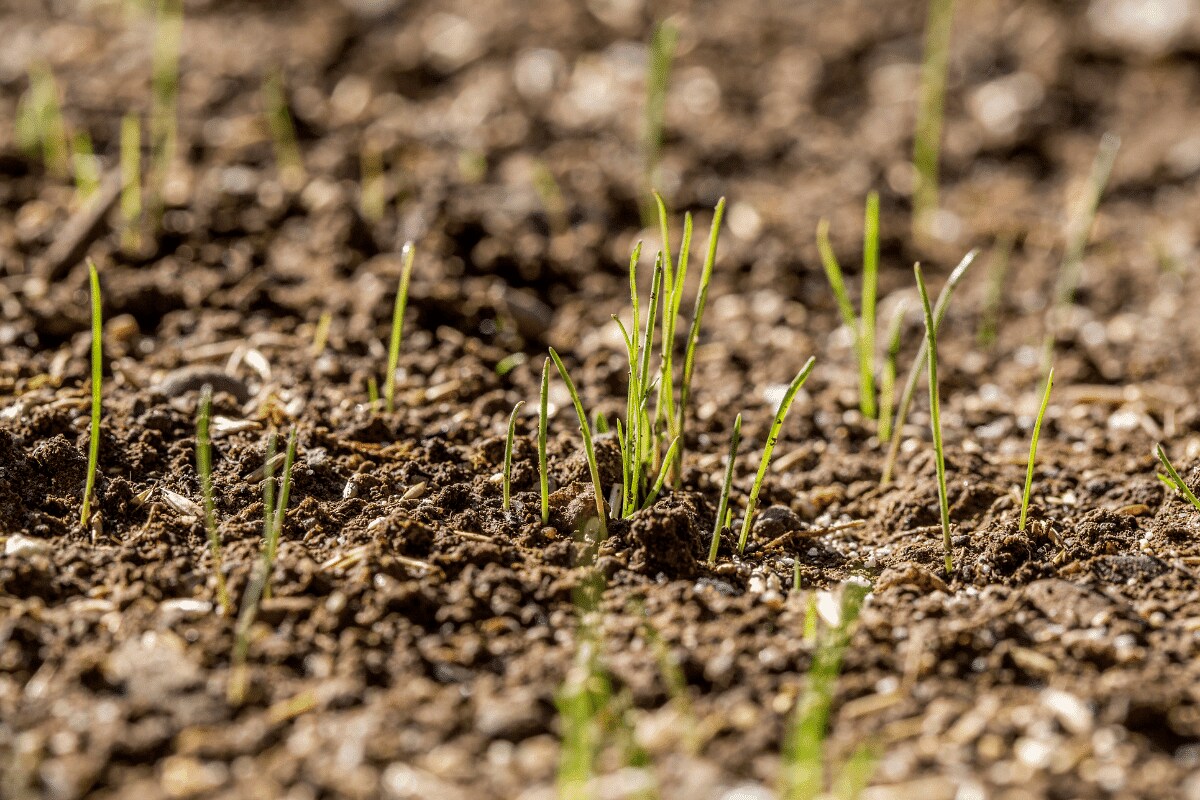

Landscaping Ideas
How Long Does Grass Seed Take To Sprout
Modified: February 18, 2024
Learn how long grass seed takes to sprout and get expert landscaping ideas to ensure successful growth. Discover the best practices for a lush, green lawn.
(Many of the links in this article redirect to a specific reviewed product. Your purchase of these products through affiliate links helps to generate commission for Storables.com, at no extra cost. Learn more)
Factors Affecting Grass Seed Germination
Grass seed germination is a complex process influenced by various factors. Understanding these factors is crucial for successful lawn establishment. Here are the key elements that affect grass seed germination:
-
Soil Temperature: The temperature of the soil plays a pivotal role in the germination of grass seeds. Different grass species have specific temperature requirements for optimal germination. For instance, cool-season grasses such as Kentucky bluegrass and fescue germinate best at soil temperatures between 50-65°F (10-18°C), while warm-season grasses like Bermuda grass prefer warmer soil temperatures ranging from 75-90°F (24-32°C).
-
Soil Moisture: Adequate moisture is essential for seed germination. Insufficient moisture can hinder the germination process, while excessive moisture can lead to rotting of the seeds. Maintaining consistent moisture levels in the soil is critical for promoting successful germination.
-
Soil pH: The pH level of the soil can impact the germination of grass seeds. Most grass species prefer a slightly acidic to neutral pH range of 6.0-7.5. Soils with extreme pH levels may inhibit seed germination and affect the overall health of the grass plants.
-
Soil Aeration: Proper soil aeration is vital for allowing oxygen to reach the seeds and roots. Compacted soil can impede the germination process by restricting the movement of air and water. Aerating the soil before seeding can create an optimal environment for seed germination.
-
Seed Depth: The depth at which the seeds are sown can significantly influence germination. Different grass species have specific seed depth requirements. Planting seeds too deep or too shallow can hinder germination and lead to poor establishment.
-
Seed Quality: The quality of the grass seeds directly impacts germination success. High-quality seeds with good genetic traits and minimal weed seed contamination are more likely to germinate uniformly and establish a healthy lawn.
Understanding these factors and their impact on grass seed germination is essential for achieving successful results when establishing a new lawn or overseeding an existing one. By carefully considering these factors, homeowners and landscapers can optimize the conditions for grass seed germination and foster the growth of lush, vibrant lawns.
Key Takeaways:
- Grass seed germination depends on factors like soil temperature, moisture, pH, aeration, seed depth, and quality. Understanding these factors is crucial for a healthy lawn.
- Different grass species have varying germination times. Cool-season grasses like Kentucky bluegrass take 14-30 days, while warm-season grasses like Bermuda grass sprout in 7-14 days.
Read more: How Long Does A Seed Take To Sprout
Typical Germination Times for Different Types of Grass Seed
Grass seed germination times can vary significantly depending on the type of grass species being cultivated. Understanding the typical germination periods for different grass seeds is essential for planning and executing successful lawn establishment projects. Here's a detailed look at the typical germination times for various types of grass seed:
Cool-Season Grasses
-
Kentucky Bluegrass: Kentucky bluegrass is a popular cool-season grass known for its fine texture and rich green color. When conditions are optimal, Kentucky bluegrass seeds typically germinate within 14 to 30 days. However, germination may take longer if soil and temperature conditions are not ideal.
-
Fescue: Fescue grasses, including tall fescue and fine fescue varieties, are valued for their adaptability and durability. Germination for fescue grass seeds generally occurs within 7 to 14 days under favorable conditions, making them relatively quick to establish compared to other cool-season grasses.
-
Ryegrass: Perennial ryegrass and annual ryegrass are known for their rapid establishment and lush appearance. Germination for ryegrass seeds typically occurs within 5 to 10 days, making them one of the quickest cool-season grasses to sprout under optimal conditions.
Warm-Season Grasses
-
Bermuda Grass: Bermuda grass is a popular warm-season grass known for its heat tolerance and resilience. When soil temperatures are consistently warm, Bermuda grass seeds can germinate within 7 to 14 days, making it a relatively quick-establishing option for warm climates.
-
Zoysia Grass: Zoysia grass is prized for its dense, lush growth and tolerance to heat and drought. Germination for Zoysia grass seeds typically occurs within 14 to 21 days, requiring slightly longer germination periods compared to Bermuda grass.
-
Buffalo Grass: Buffalo grass is a low-maintenance warm-season grass native to the North American prairies. Germination for Buffalo grass seeds can take anywhere from 14 to 30 days, with optimal soil moisture and warmth being crucial for successful sprouting.
Understanding the typical germination times for different types of grass seed is instrumental in planning and managing lawn establishment projects. By aligning the choice of grass species with the expected germination times, homeowners and landscapers can effectively schedule seeding activities and anticipate the emergence of new grass growth.
Tips for Speeding Up Grass Seed Germination
Achieving prompt and uniform germination of grass seeds is a key objective for anyone seeking to establish a lush and vibrant lawn. By implementing the following tips, homeowners and landscapers can expedite the germination process and facilitate the successful establishment of new grass growth:
Read more: How Long Does It Take Chia Seeds To Sprout
1. Optimal Soil Preparation
Before sowing grass seeds, it is essential to prepare the soil adequately. This involves removing debris, breaking up compacted soil, and incorporating organic matter to enhance soil structure and fertility. Well-prepared soil provides an ideal environment for seed germination and root development.
2. Adequate Watering
Consistent and gentle watering is crucial for promoting seed germination. After sowing the seeds, it is important to keep the soil consistently moist but not waterlogged. Using a fine mist setting on a garden hose or a gentle sprinkler can help maintain the ideal moisture levels for germination.
3. Mulching
Applying a thin layer of mulch over freshly sown grass seeds can help retain soil moisture, prevent erosion, and protect the seeds from drying out or being displaced by wind or water. Organic mulches such as straw or compost can also provide a protective barrier that promotes a conducive microclimate for germination.
4. Adequate Fertilization
Applying a starter fertilizer specifically designed for new seedings can provide essential nutrients that support early seedling growth. However, it is important to follow recommended application rates to avoid fertilizer burn, which can hinder germination and damage delicate seedlings.
5. Monitoring and Adjusting Conditions
Regularly monitoring soil moisture, temperature, and overall seedling progress is crucial for making timely adjustments. If the soil begins to dry out, additional watering may be necessary. Conversely, excessive moisture levels should be addressed to prevent waterlogging, which can impede germination.
6. Protection from Pests and Birds
Protecting newly sown seeds from birds and pests is essential for ensuring successful germination. Using physical barriers such as lightweight netting or employing safe deterrents can help safeguard the seeds from being consumed or disturbed during the critical germination phase.
By implementing these tips, individuals can significantly accelerate the germination of grass seeds and enhance the overall success of lawn establishment projects. Understanding the importance of proactive soil preparation, proper watering, and protective measures can empower homeowners and landscapers to create thriving and resilient lawns with minimal delay in the germination process.
Common Mistakes That Delay Grass Seed Sprouting
-
Inadequate Soil Preparation: Neglecting proper soil preparation can significantly impede grass seed germination. Compacted soil, debris, and poor soil structure can create unfavorable conditions for seedling emergence, leading to delayed sprouting and uneven growth.
-
Overwatering or Underwatering: Inconsistent or excessive watering practices can hinder germination. Overwatering can saturate the soil, suffocating the seeds and promoting fungal diseases, while underwatering can lead to desiccation and delayed sprouting. Maintaining balanced soil moisture is crucial for optimal germination.
-
Improper Seed Depth: Planting grass seeds at incorrect depths can delay sprouting. Seeds buried too deeply may struggle to reach the surface, while seeds sown too shallowly may dry out or be displaced. Following recommended seeding depths for specific grass species is essential for promoting timely germination.
-
Inadequate Seed-to-Soil Contact: Poor seed-to-soil contact can hinder germination by preventing the seeds from accessing essential moisture and nutrients. Failing to press or roll the seeds into the soil after sowing can result in delayed sprouting and reduced seedling establishment.
-
Using Low-Quality Seeds: Utilizing low-quality or outdated grass seeds can lead to erratic germination and delayed sprouting. Seeds with low viability or high levels of contaminants may struggle to germinate, resulting in uneven and sparse grass growth.
-
Excessive Fertilization: Applying excessive fertilizer, especially nitrogen-rich formulations, can inhibit seed germination and damage delicate seedlings. Overfertilization can lead to chemical burns, nutrient imbalances, and delayed sprouting, compromising the overall success of lawn establishment efforts.
-
Inadequate Protection from External Factors: Failure to protect newly sown seeds from external threats such as birds, pests, and harsh weather conditions can delay sprouting. Without proper safeguards, seeds are vulnerable to being consumed, displaced, or exposed to unfavorable environmental stressors, impeding germination.
-
Ignoring Soil Temperature Requirements: Neglecting the specific soil temperature requirements of different grass species can delay germination. Planting cool-season grasses in overly warm soil or warm-season grasses in cool soil can prolong the sprouting process, impacting the establishment of healthy grass growth.
By avoiding these common mistakes and adhering to best practices for soil preparation, watering, seed depth, seed quality, and environmental protection, individuals can minimize delays in grass seed sprouting and enhance the overall success of lawn establishment endeavors.
Frequently Asked Questions about How Long Does Grass Seed Take To Sprout
Was this page helpful?
At Storables.com, we guarantee accurate and reliable information. Our content, validated by Expert Board Contributors, is crafted following stringent Editorial Policies. We're committed to providing you with well-researched, expert-backed insights for all your informational needs.
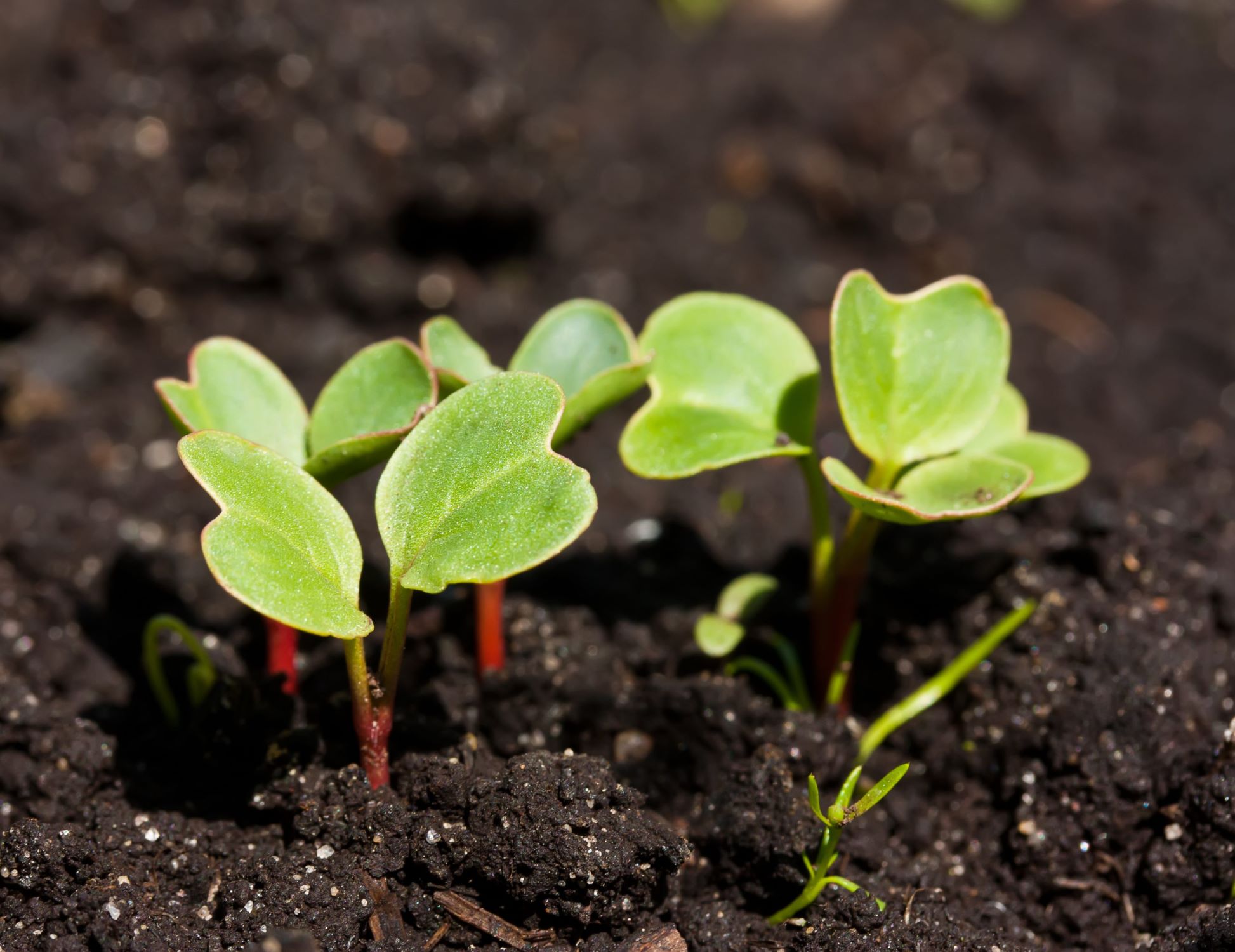
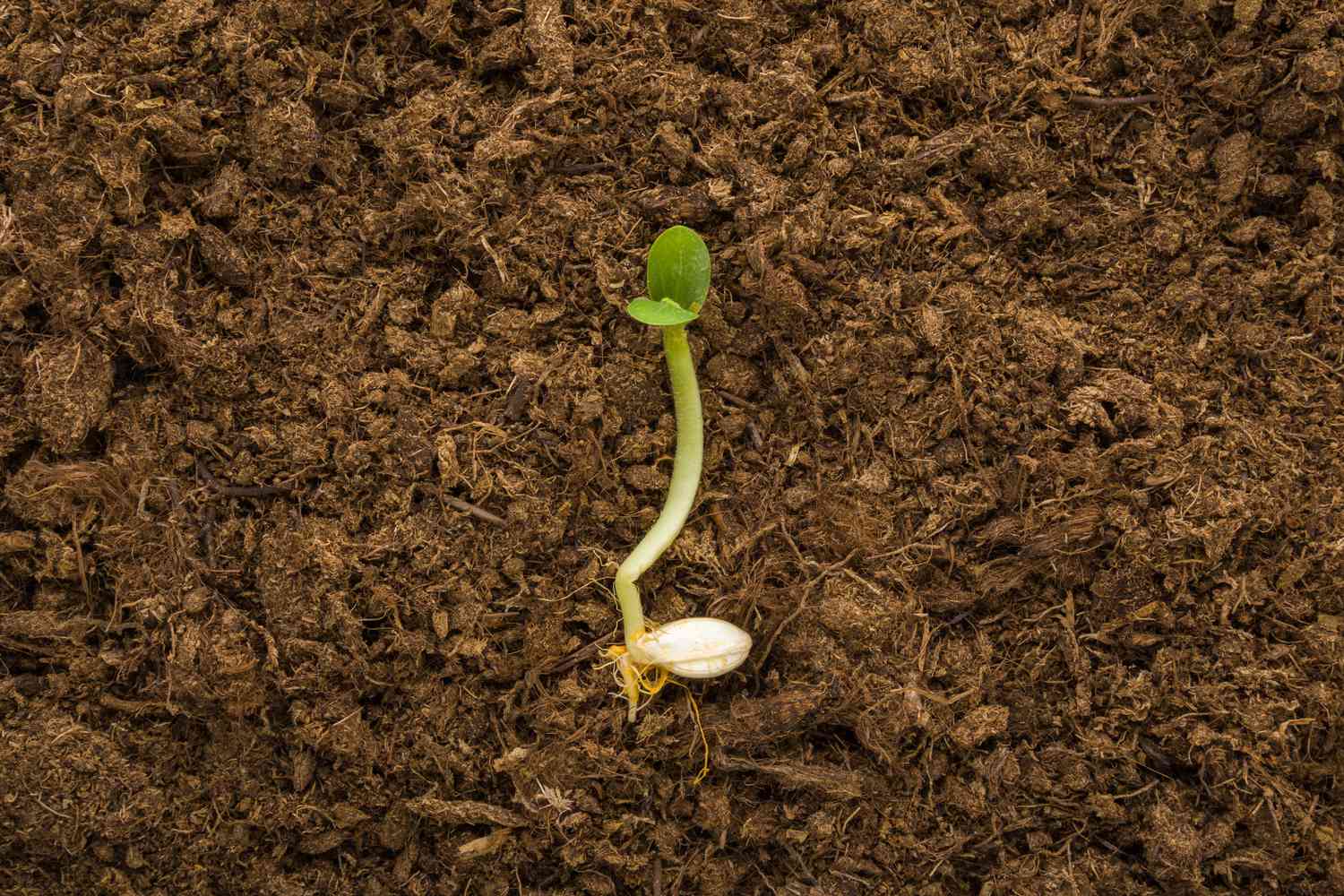
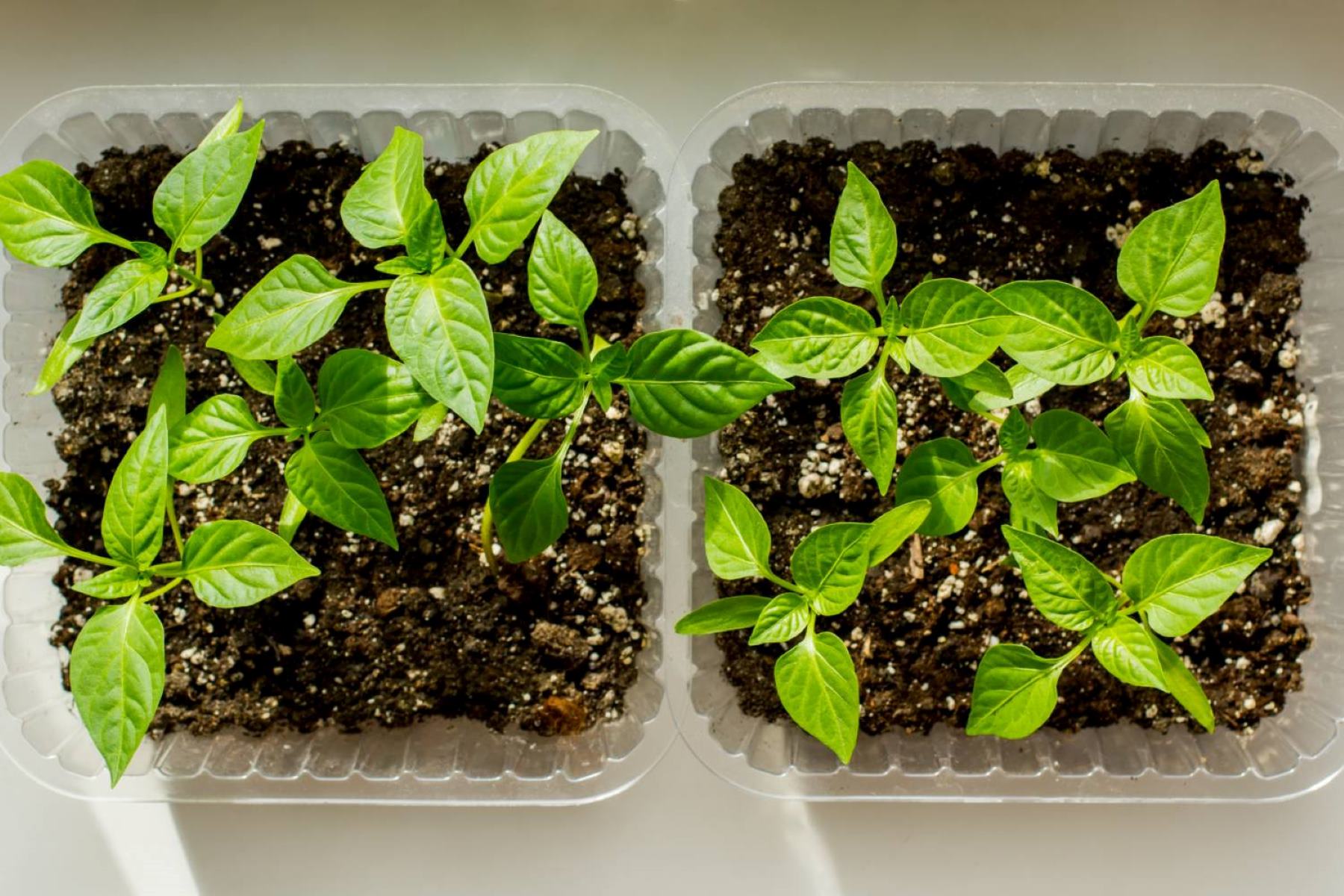
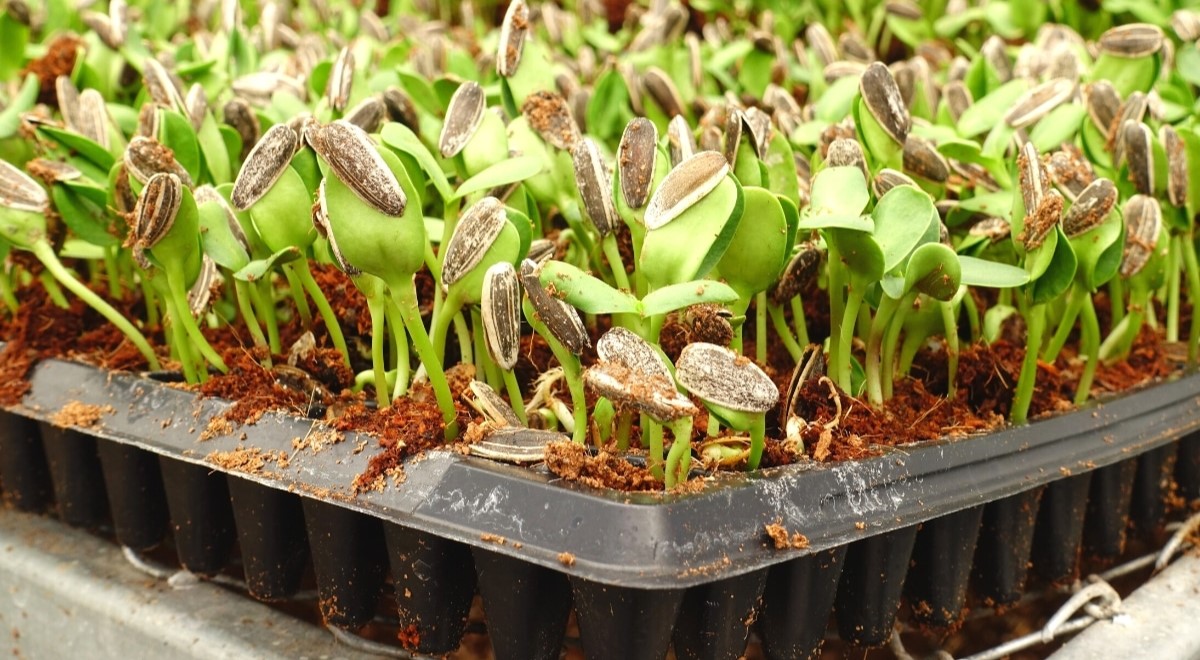

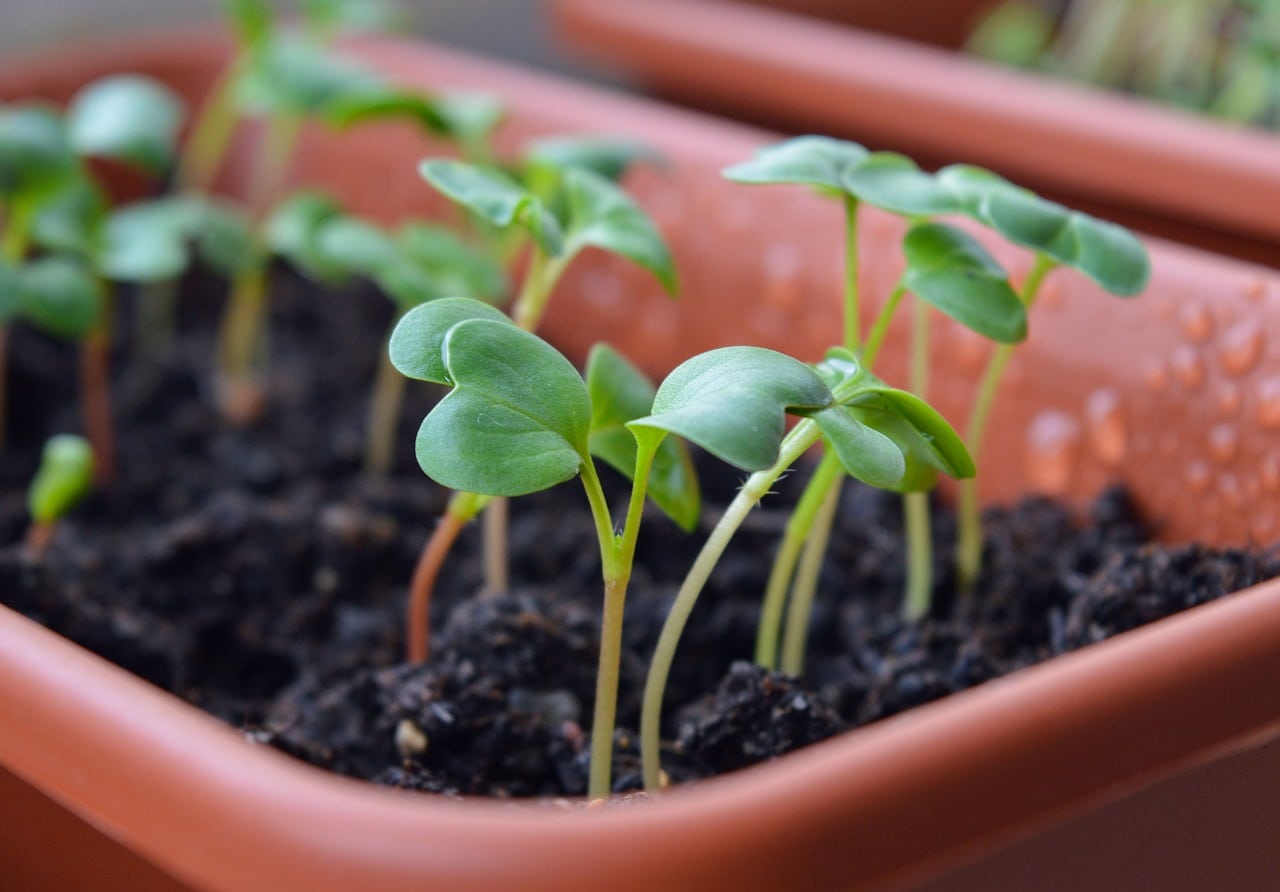
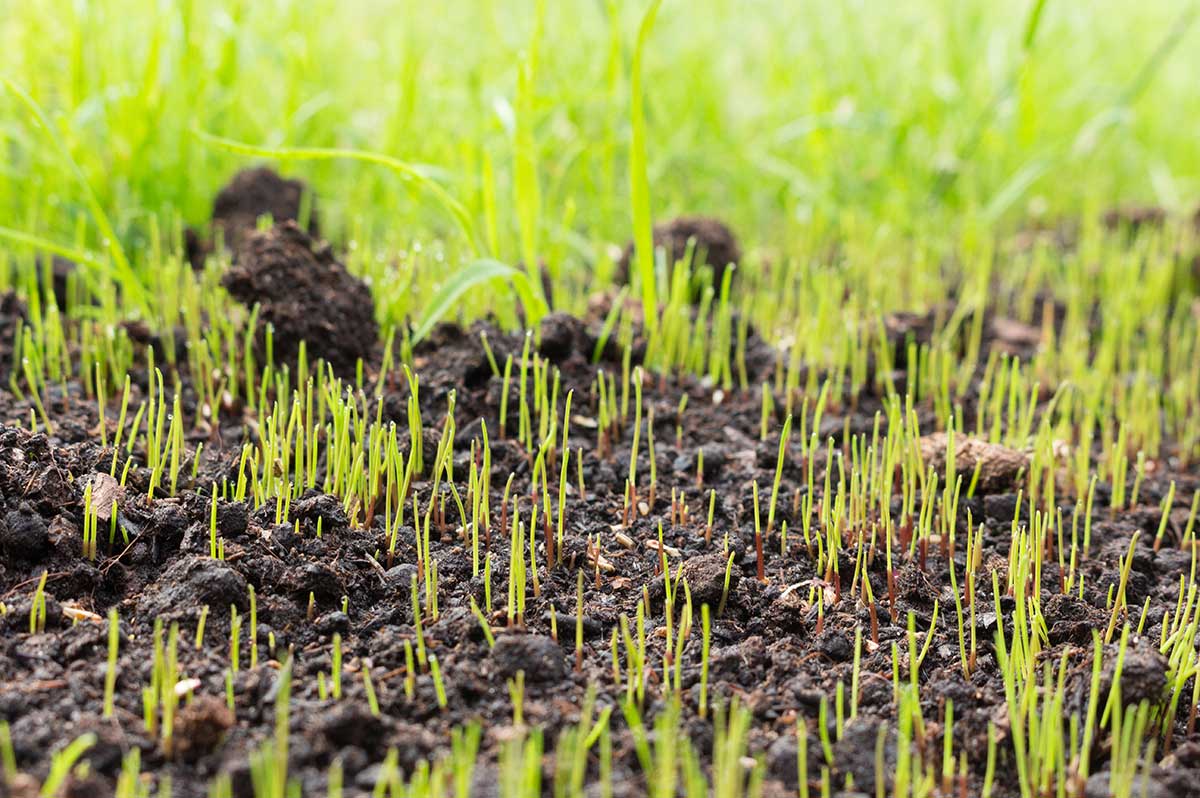
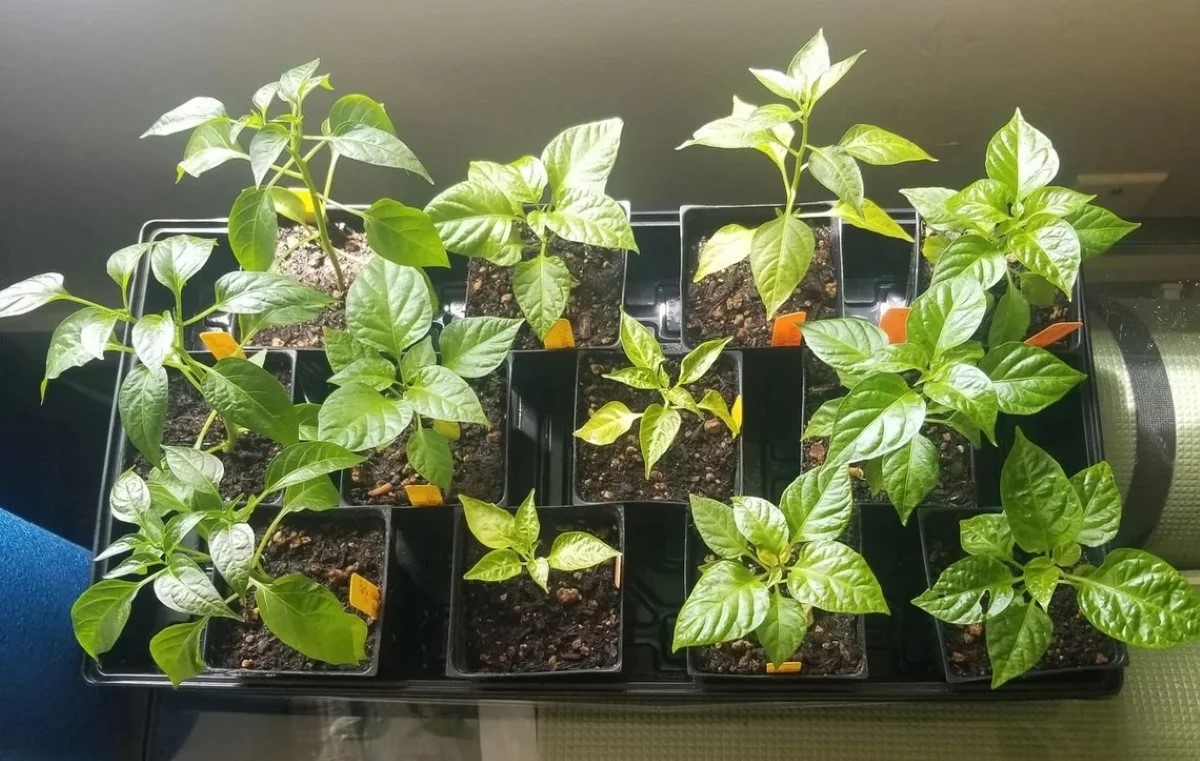

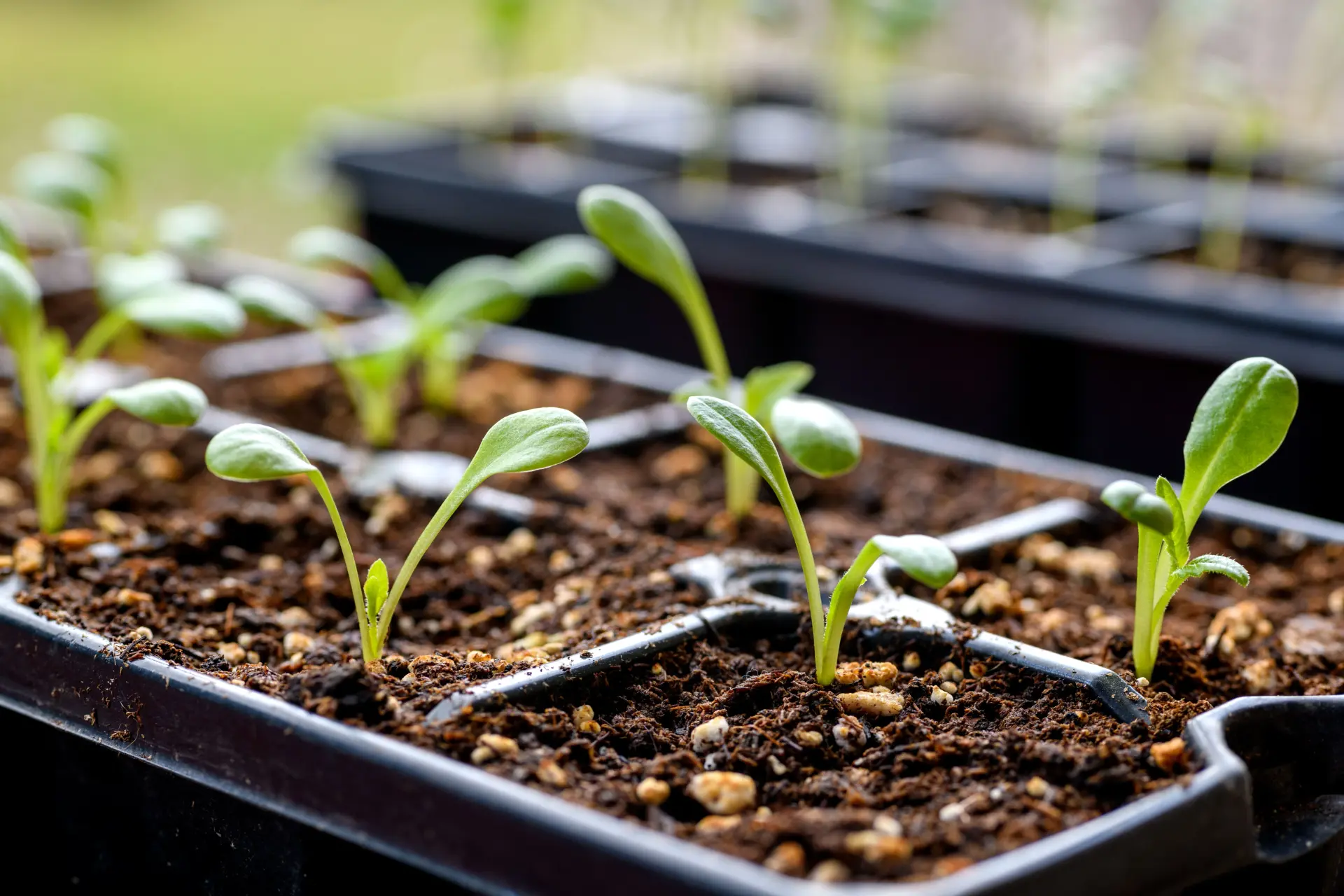

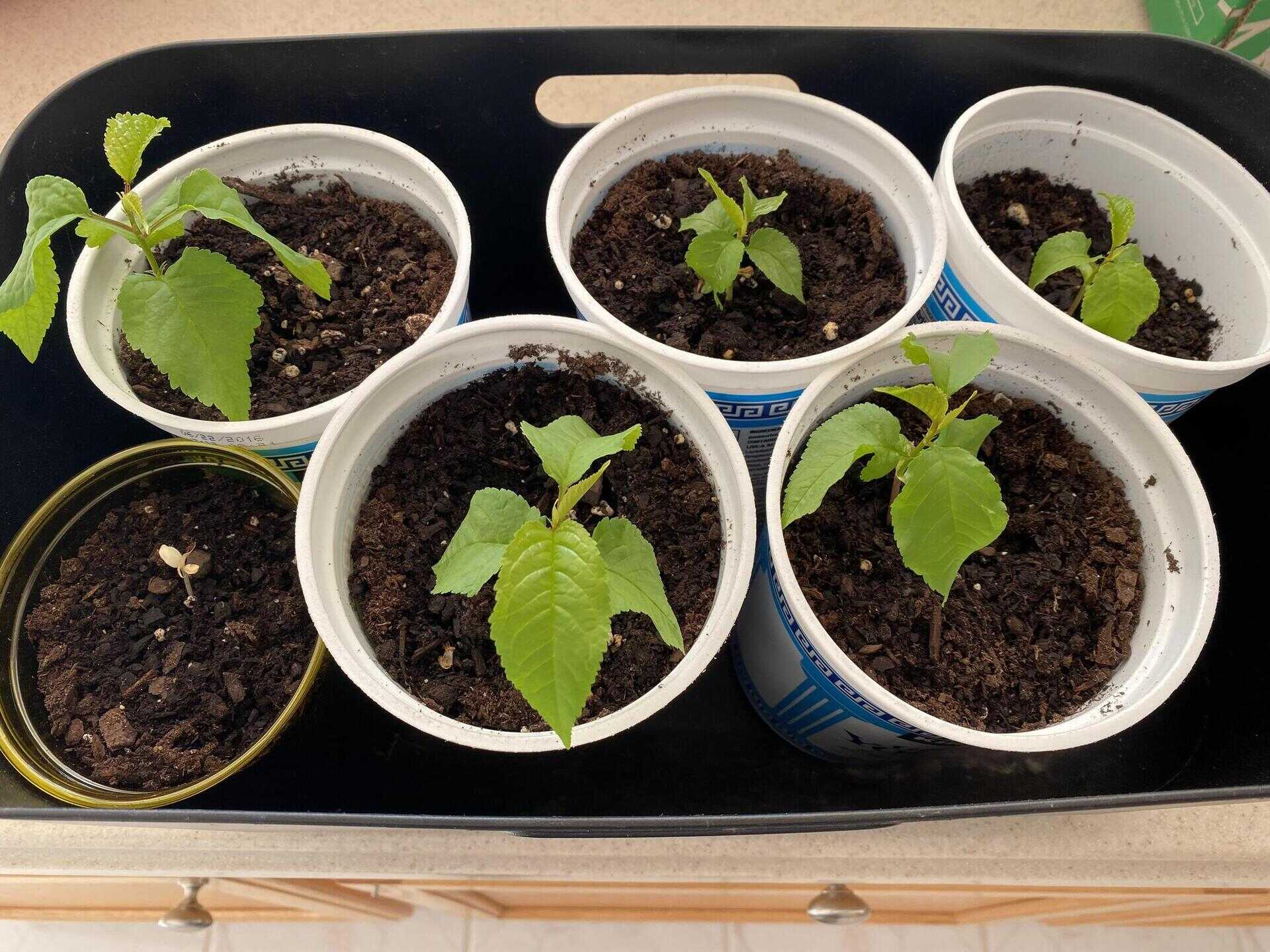
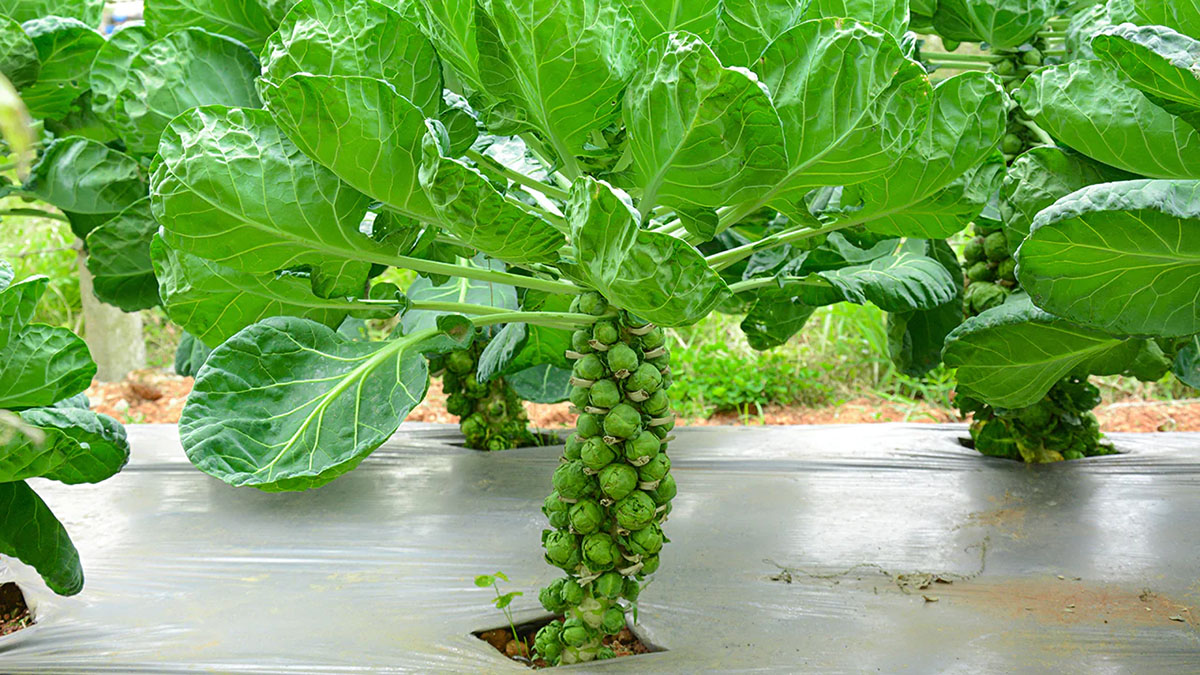

0 thoughts on “How Long Does Grass Seed Take To Sprout”